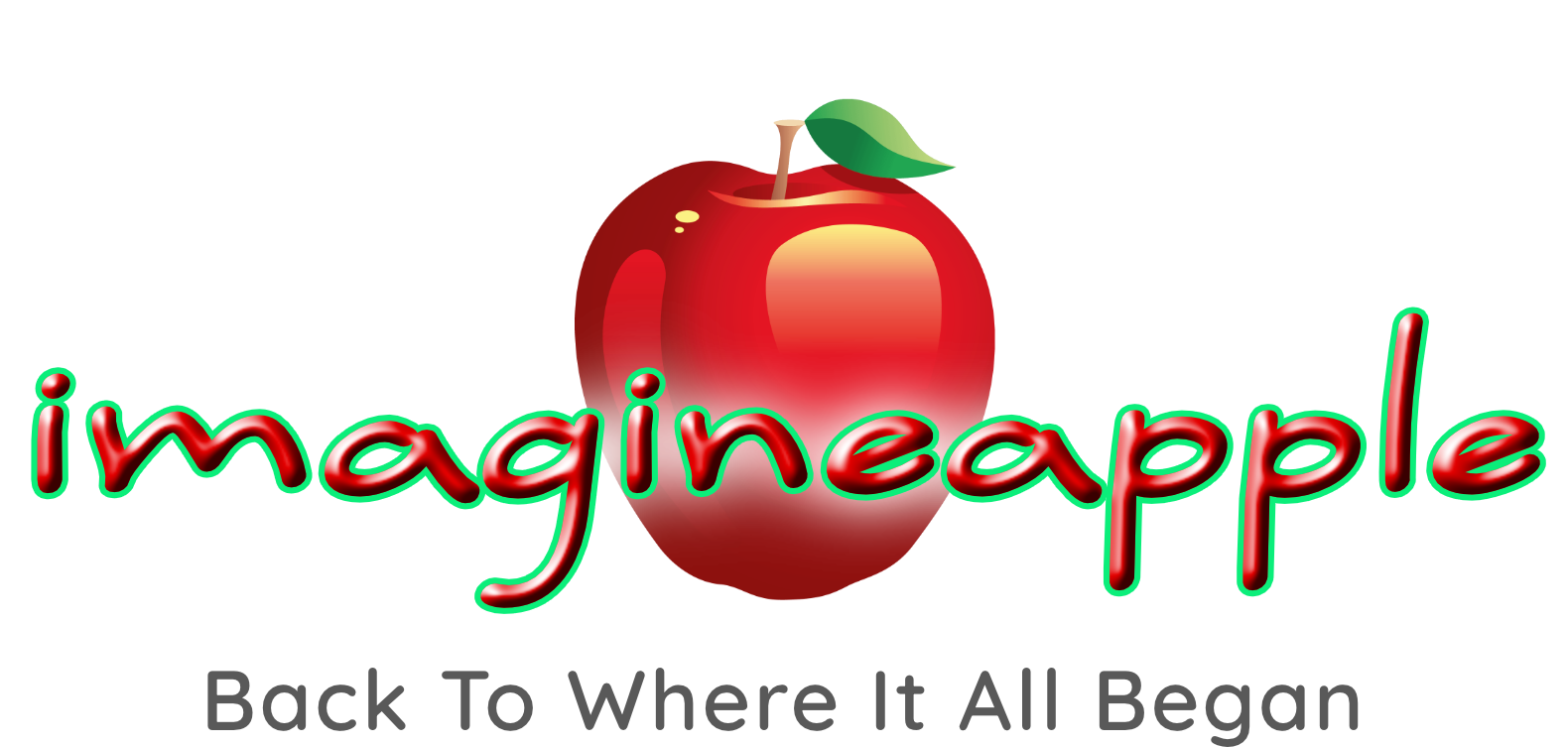Meaningful Misconception
Most dictionaries define meaningful in terms of the tangible and meaningless in terms of the intangible, but this is completely the wrong way round, because the tangible is only meaningful in terms of providing evidence of the intangible, which means the intangible rather than the tangible, is the source of all meaningness.
In a court of law, evidence is only relevant to the judicial protocol for establishing whether a person did or did not commit a felony, which is only relevant to the manner of the crime, not the crime itself, which is an established reality, and therefore, evidence is only incidental to the reality, it is not the reality itself. So evidence may be meaningful in terms of determining the nature of a crime, but it is not meaningful in terms of the actuality of it, just as evidence of the intangible is only incidental to the intangible itself.
Put it this way, the tangible is not really necessary at all, other than to demonstrate the measure of the intangible in a format which can be discerned from a human perspective. In the context of human existence, imagination is the intangible and manifestation is the tangible evidence of it. So it is the intangible measure of imagination which is meaningful, not the tangible evidence of it, because our manifest world is only incidental to imagination. The tangible could not exist without the intangible because the tangible is only a mirror image of the intangible, albeit, in a cognitive format.
When you look in a mirror, you see a reflection of yourself, which is one piece of evidence that you exist in the image likeness of who you think you do. There are other ways to know you exist, such as feeling yourself, recognition from others, etc., but only the mirror gives you an explicit image of your profile. But this image is not you, and neither is the persona looking in the mirror, but rather, it is the tangible illusion of who you think you are. We all have an intangible image of ourselves in our belief system, but we can’t experience this without the tangible tools to enable us to do so. In other words, we don’t know the substance of our belief system until it is revealed to us in tangible form, or more aptly, as a tangible illusion. The thing is, the person we believe ourself to be, is not a physical entity at all, but an ethereal one, and the only way we can ascertain what that belief looks like, is to have an awareness of ourselves as tangible. This is a bit hard to grasp because it is the consummate dichotomy, in that, the tangible doesn’t actually exist as a tangible reality at all. It only exists as a conceptual reality, wherein, each one of us has a belief system, which is founded on the supposition that our world IS tangible, and also provides the insidious, illusory faculties to dupe us accordingly. These include a rational mindset with a time and space perspicacity, and a sensual and emotional acuity. In other words, no tangible reality exists other than via the tools our belief system provides us with, to indoctrinate ourselves into believing otherwise. So we believe there is, and so there must be.
However, this is all a bit senseless really, because without a belief system we wouldn’t be here to rave on about how duplicitous our belief system is. So I guess we have to thank our belief system for allowing us to exist, or more accurately, to entitle us with awareness of our existence, albeit, a fraudulent one.
Aside: The tangible IS meaningful to a human being, but a human being is just as much a part of the manifest illusion as is the whole manifest universe, and a dictionary is just as complicit within the manifest illusion as we are, and just as unaware that there is a more impactful meaningness behind it.![]()
However, it is important to keep in mind the true import behind meaningful. By all means consider the manifest world as meaningful, but try to keep it in the context of incidental meaningness. This way, you should be able to maintain an awareness in the back of your mind, of the ultimate principle of meaningness, along with a perspective of the interactivity between imagination and manifestation, including a more apparent awareness of the underlying nature of human existence.
